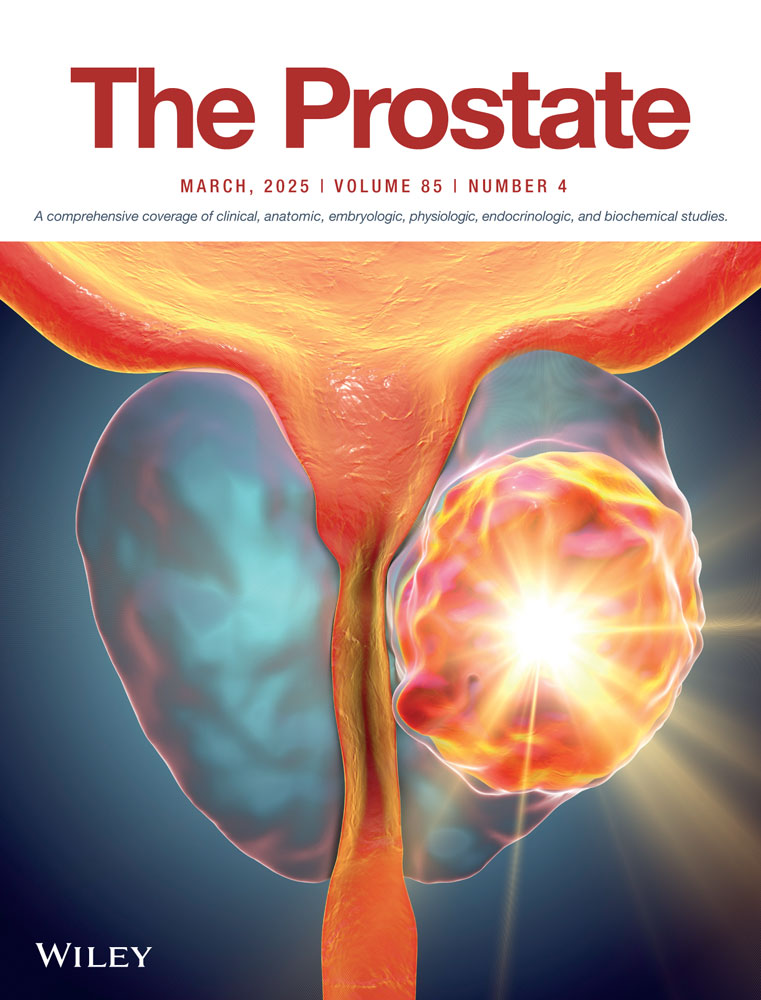Association of SGLT2 Inhibitor Initiation and PSA Response in Prostate Cancer
ABSTRACT
Introduction
Non-castrating therapies are an unmet clinical need for patients with advanced prostate cancer. To maximize quality of life and prioritize cardiovascular health, we investigated SGLT2 inhibitors as a non-castrating therapy in patients with prostate cancer.
Materials and Methods
We conducted a retrospective analysis of patients with either local or biochemically recurrent prostate cancer who initiated therapy with an SGLT2 inhibitor without concurrent androgen deprivation therapy. The primary endpoint was an estimated PSA50 response rate. A secondary endpoint was PSA any response rate.
Results
A total of nine patients (median age 63 years old; 44.4% Black; median PSA 3.7; 33.3% localized, 66.7% biochemically recurrent) were included. The PSA50 and PSAany response rate were 22.2% (N = 2/9) and 44.4% (N = 4/9), respectively.
Conclusions
Patients with localized or biochemically recurrent prostate cancer achieved PSA responses to SGLT2 inhibitors. These findings justify prospective studies in patients with prostate cancer.
Conflicts of Interest
The authors declare no conflicts of interest.
Open Research
Data Availability Statement
The data that support the findings of this study are available from the corresponding author upon reasonable request.




